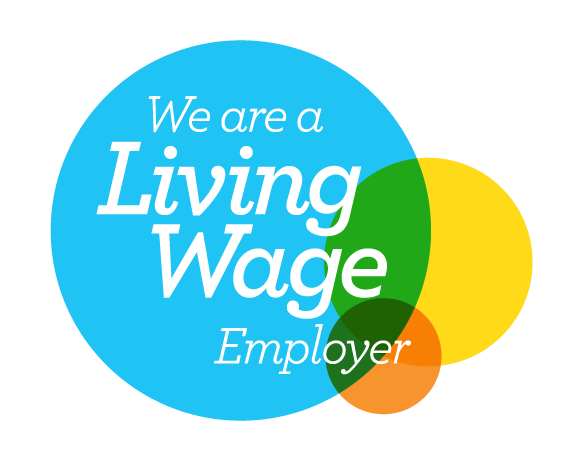What is next for Climate Change Agreements? Government confirms extension of the scheme
UK GOVERNMENT EXTENDS CCA SCHEME
In a significant development for energy and sustainability managers, the government has announced the extension of the Climate Change Agreements (CCAs) scheme. This extension signals a continued commitment to reducing carbon emissions and promoting sustainability across various industries. As we look ahead, it’s essential to understand what this means for organisations and how they can effectively navigate the next phase of the agreement.
Understanding Climate Change Agreements
Climate Change Agreements are voluntary compliance arrangements that allow certain eligible industries to reduce their energy use and associated greenhouse gas emissions. In return, participants benefit from a reduction in the Climate Change Levy (CCL) – a tax on energy use designed to encourage energy efficiency and promote low-carbon technologies.
The extension of the CCA scheme is pivotal for organisations aiming to improve their sustainability credentials while managing energy costs. It provides a structured framework for businesses to achieve their environmental targets, engage in forward planning, and align with other carbon and energy legislation.
Key highlights of the extended scheme
1. Continued benefits
The extended CCA scheme will allow participating organisations to maintain their benefits, including reduced energy costs and the ability to showcase their commitment to sustainability. This will enhance their market competitiveness and appeal to environmentally conscious consumers.
2. Broadened scope
The government plans to expand the scope of the agreement to include more sectors, encouraging a wider range of industries to participate. This move aligns with the overarching goal of achieving net-zero emissions by 2050, fostering collaboration across various sectors to combat climate change effectively.
3. Enhanced reporting requirements
With the extension comes an emphasis on transparent reporting. Organisations will need to provide comprehensive data on their energy use and emissions, ensuring accountability and facilitating better tracking of progress towards sustainability goals.
4. Support for innovative technologies
The government is also poised to support the adoption of innovative technologies that enhance energy efficiency. This includes funding and resources for research and development, enabling organisations to explore new solutions for reducing their carbon footprint.
Preparing for the next phase
As energy and sustainability managers, it’s crucial to start preparing for the implications of the extended CCA scheme. Here are some steps to consider:
Assess current practices
The extended CCA scheme will allow participating organisations to maintain their benefits, including reduced energy costs and the ability to showcase their commitment to sustainability. This will enhance their market competitiveness and appeal to environmentally conscious consumers.
Engage Stakeholders
Collaborate with key stakeholders across your organisation to create a comprehensive sustainability strategy that encompasses the goals set out in the CCA scheme.
Explore Funding Opportunities
Investigate available funding and resources for adopting innovative technologies. This can provide the necessary financial support to implement energy-saving measures.
Stay Informed
Keep abreast of updates from the government regarding the CCA scheme. This will ensure your organisation remains compliant and can adapt quickly to any changes.
If you’d like to find out more about CCAs, please get in touch.
ACHIEVE NET ZERO, DOWNLOAD OUR
5-STAGE NET ZERO TRANSITION PLAN
We have developed a simple, 5-point net zero transition plan, to help businesses implement a credible and cost effective net zero strategy.


Article by Mark Earnshaw
Head of Compliance, Compliance Consulting Team
With over 30 years’ experience in energy management, environmental management and
carbon compliance, Mark has audited and advised on emission reduction strategies on over 250 client sites. Mark has extensive knowledge of UK energy compliance, carbon reduction opportunities and energy management principals and holds lead auditors’ qualifications for ISO 50001 (Energy Management) and ISO 14001 (Environmental) Management.
BOOK YOUR 30-MINUTE ENERGY MANAGEMENT CONSULTATION
Fill in your details below to arrange a complimentary consultation with one of our experts. They will give you bespoke advice to help your business achieve all its energy needs, reducing cost, consumption and carbon.









